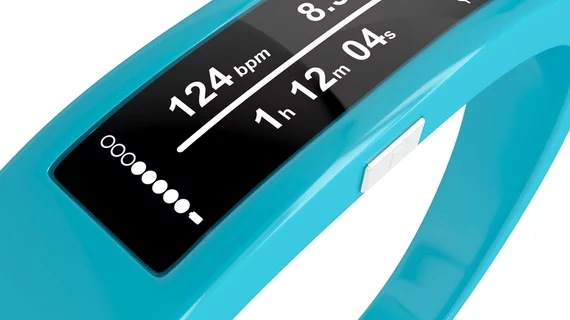Drug users count on wearables to monitor heart rate
Wearables are widely known to count steps—but some people are counting on the devices to monitor their heart rate while using drugs. They count on wearables to determine the physical impact of the substance and they should continue using.
"Drugs are basically the only reason I wear a Fitbit," wrote an illicit substance user on Reddit. "I want an early warning system for when my heart's going to explode."
These substance users believe monitoring a wearable device will provide them with an average baseline for resting and active heart rates—but cardiologists do not condone the practice.
Cardiologist Ethan Weiss, MD, an associate professor at the University of California, San Francisco, said cocaine can also impact heart rhythm and blood pressure—both of which are not trackable by smart devices.
"Taking drugs is always a risk, whether you're monitoring a tracker or not," Weiss said. "It's possible this is leading people to do more cocaine."
To read the story, click the link below:

